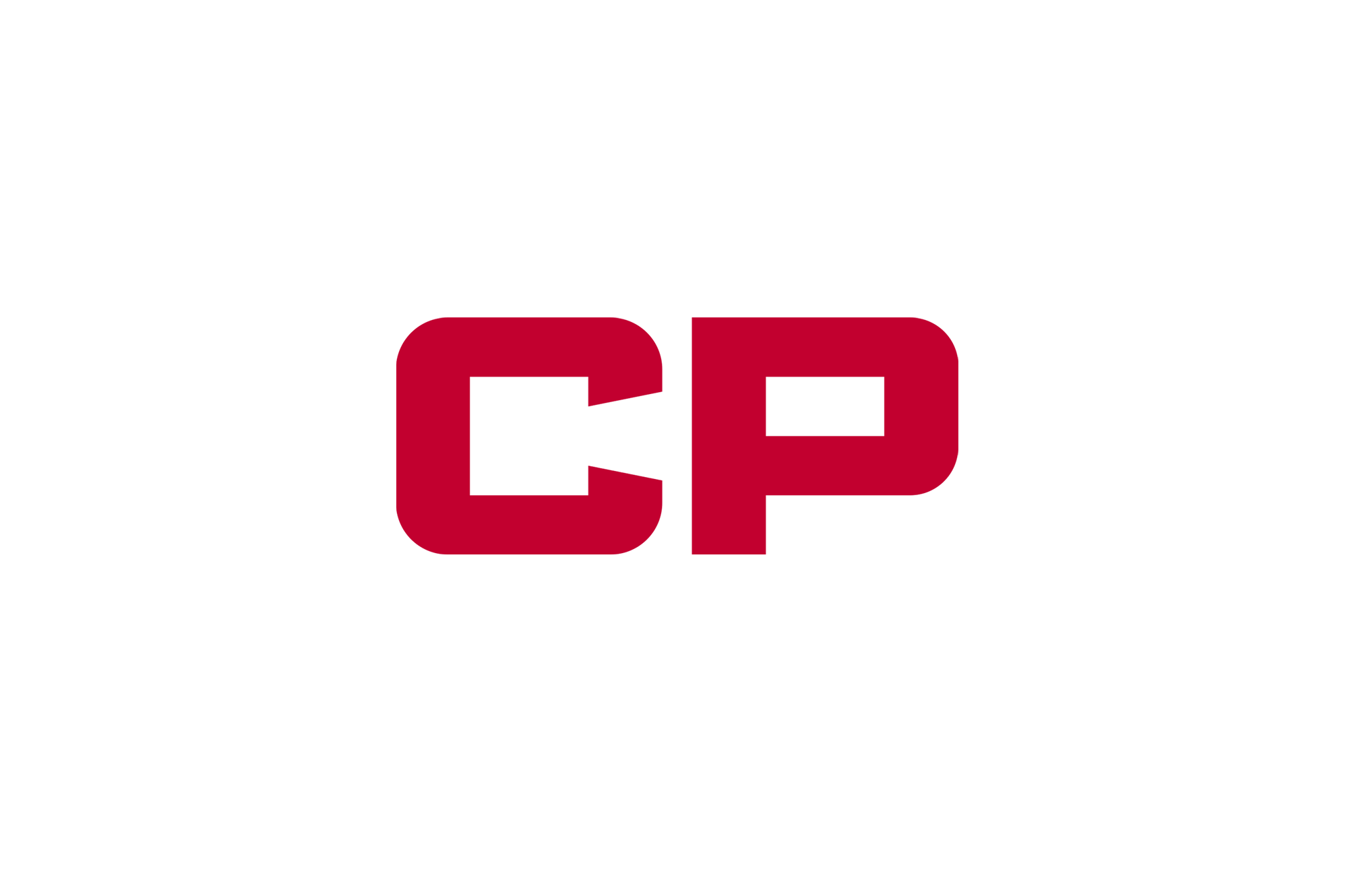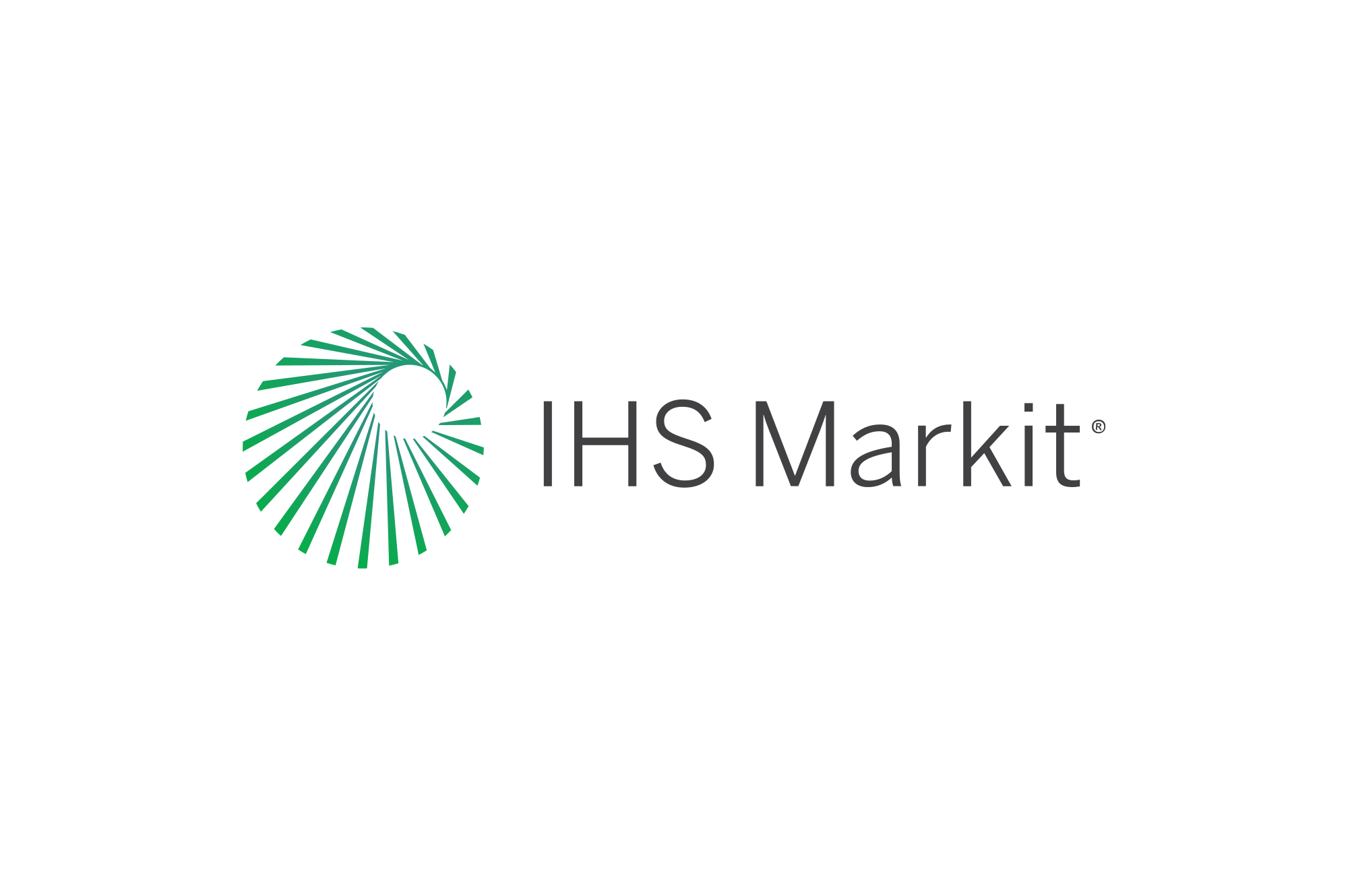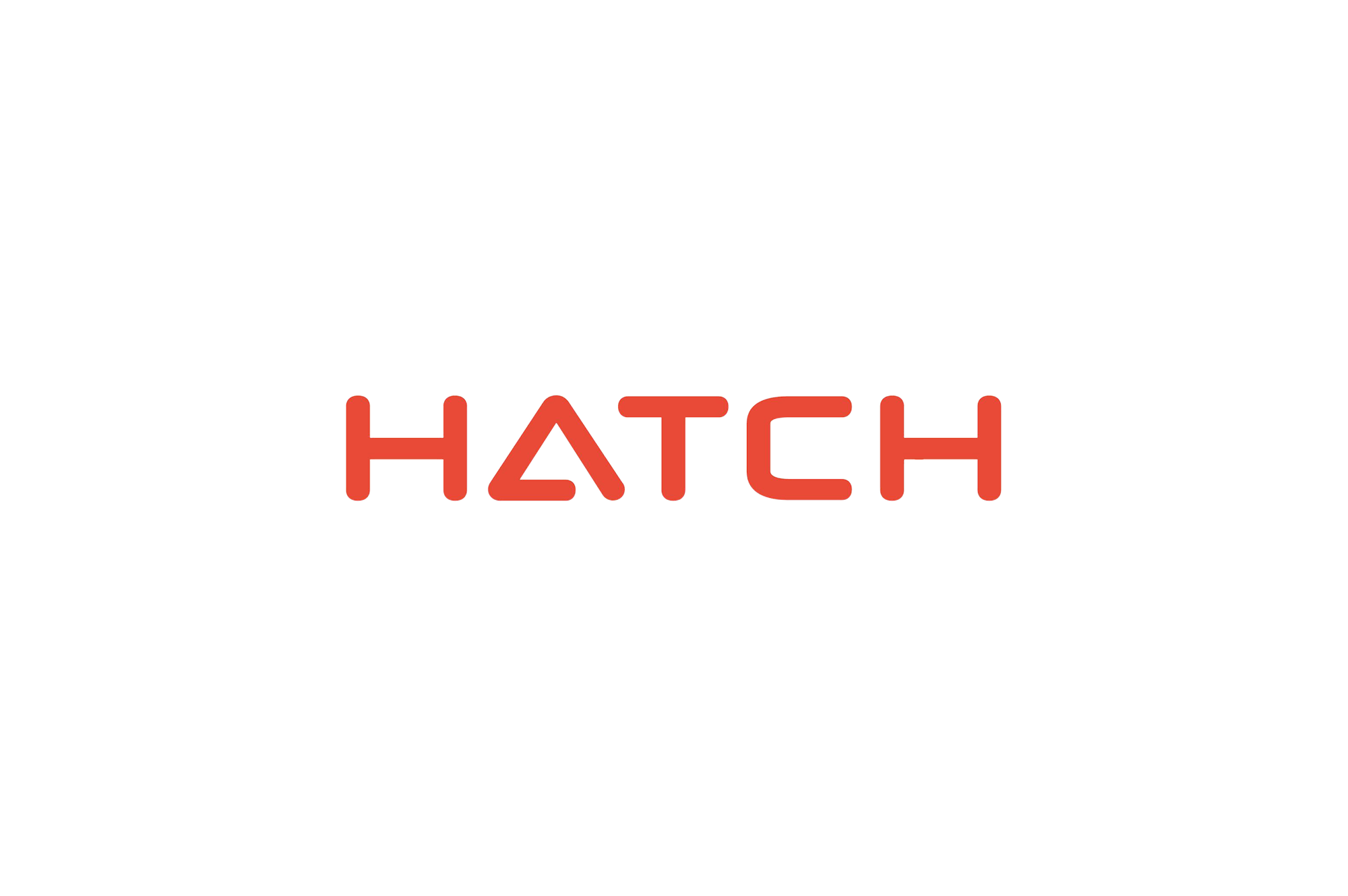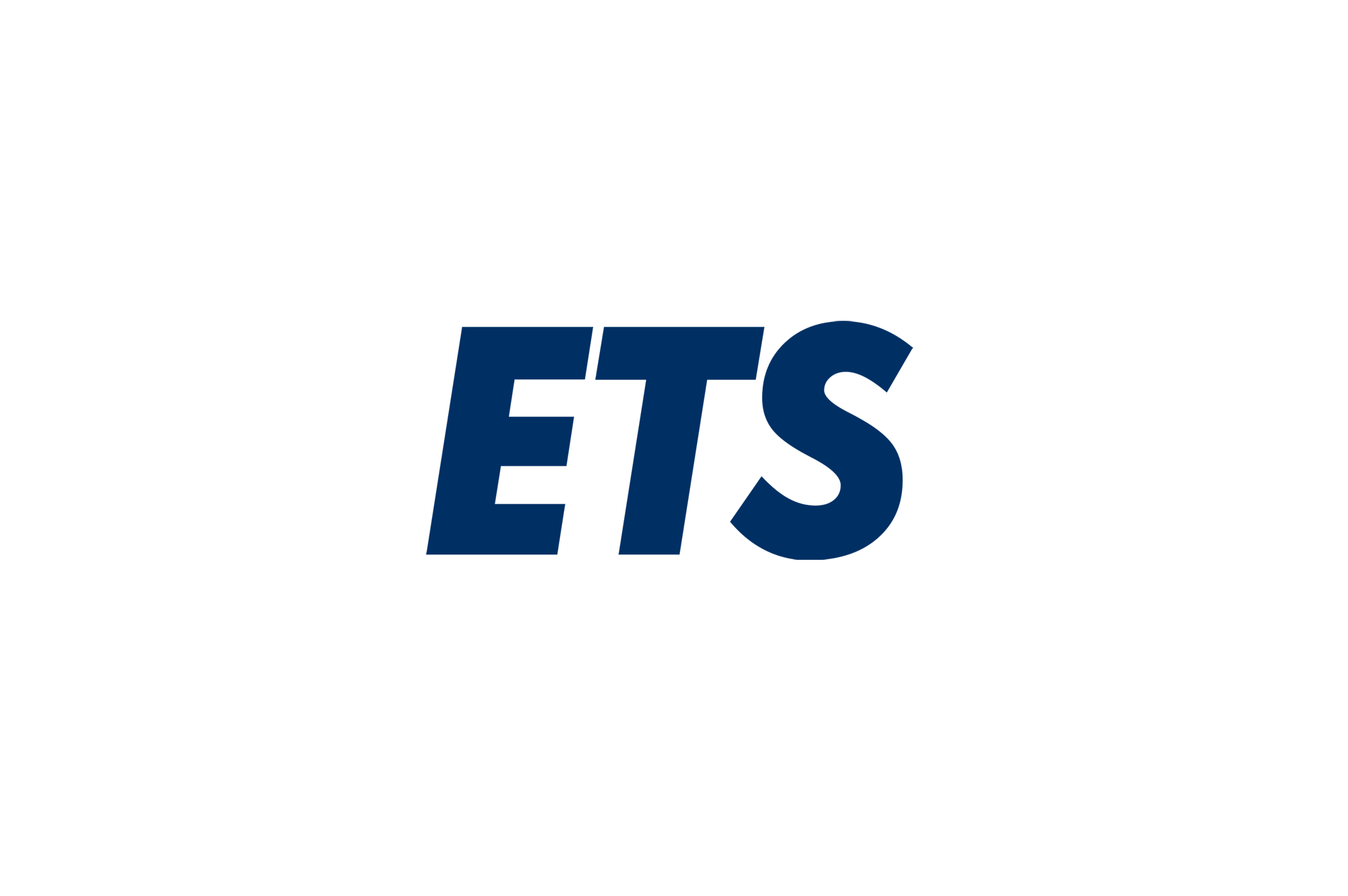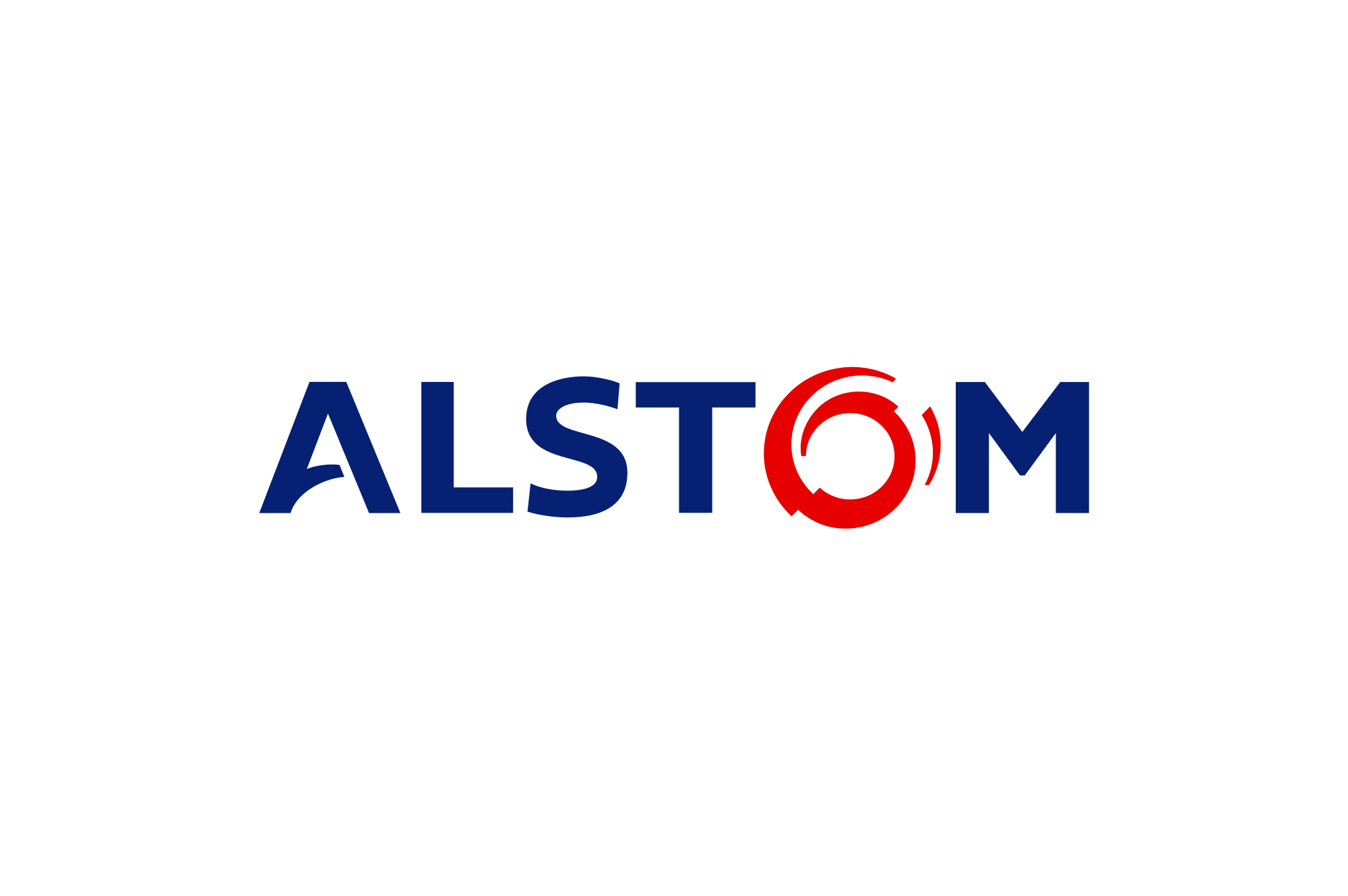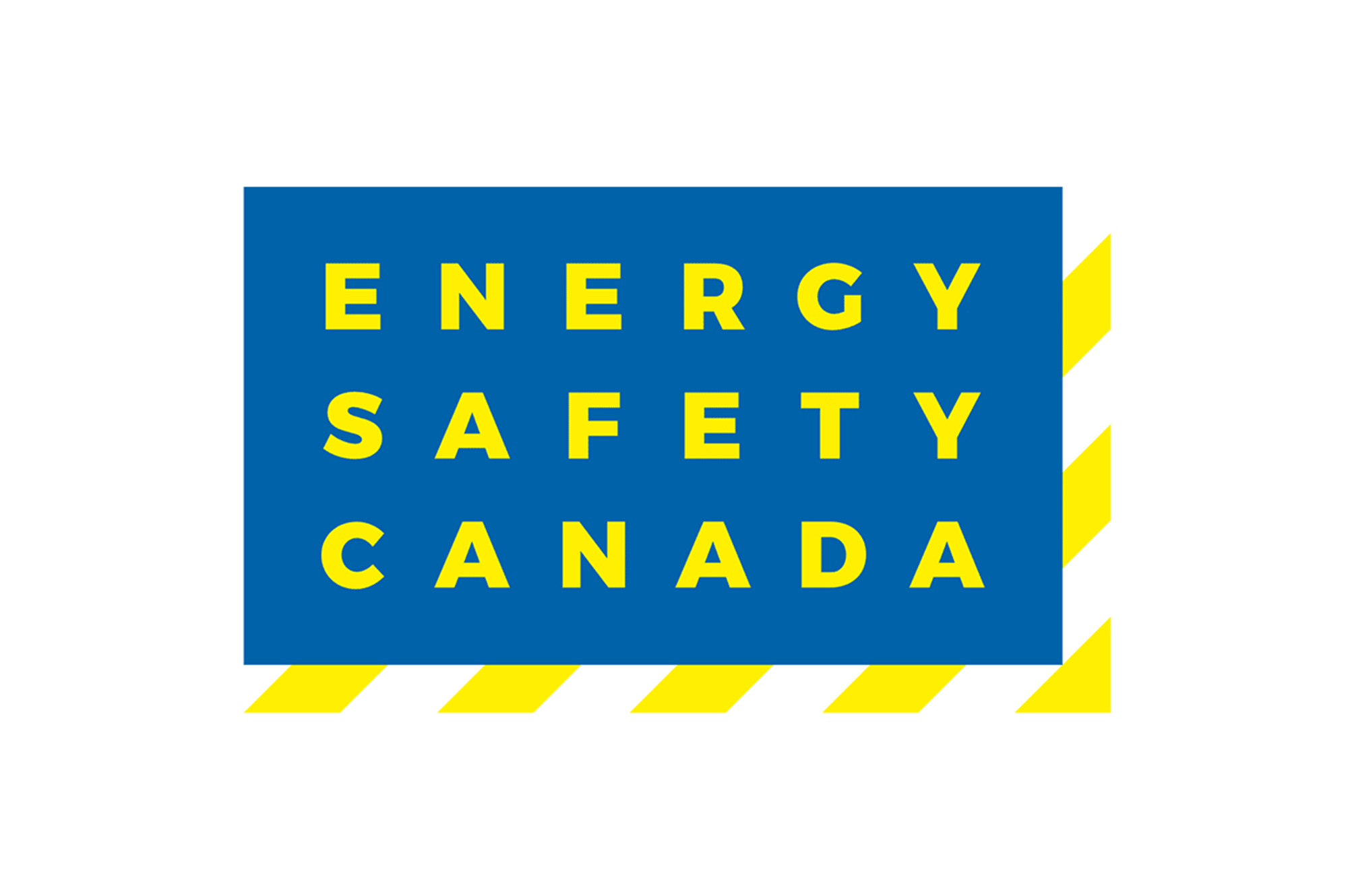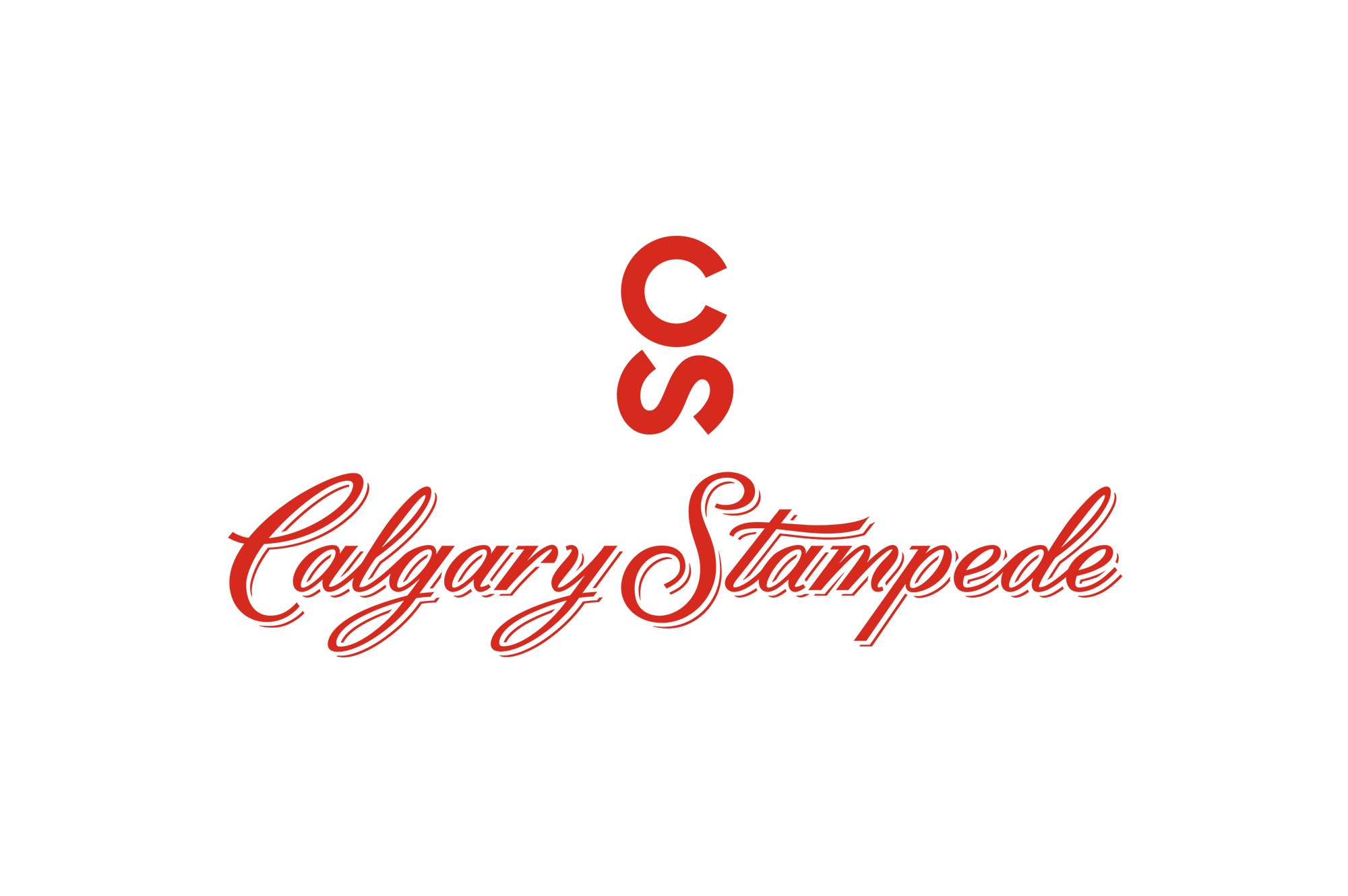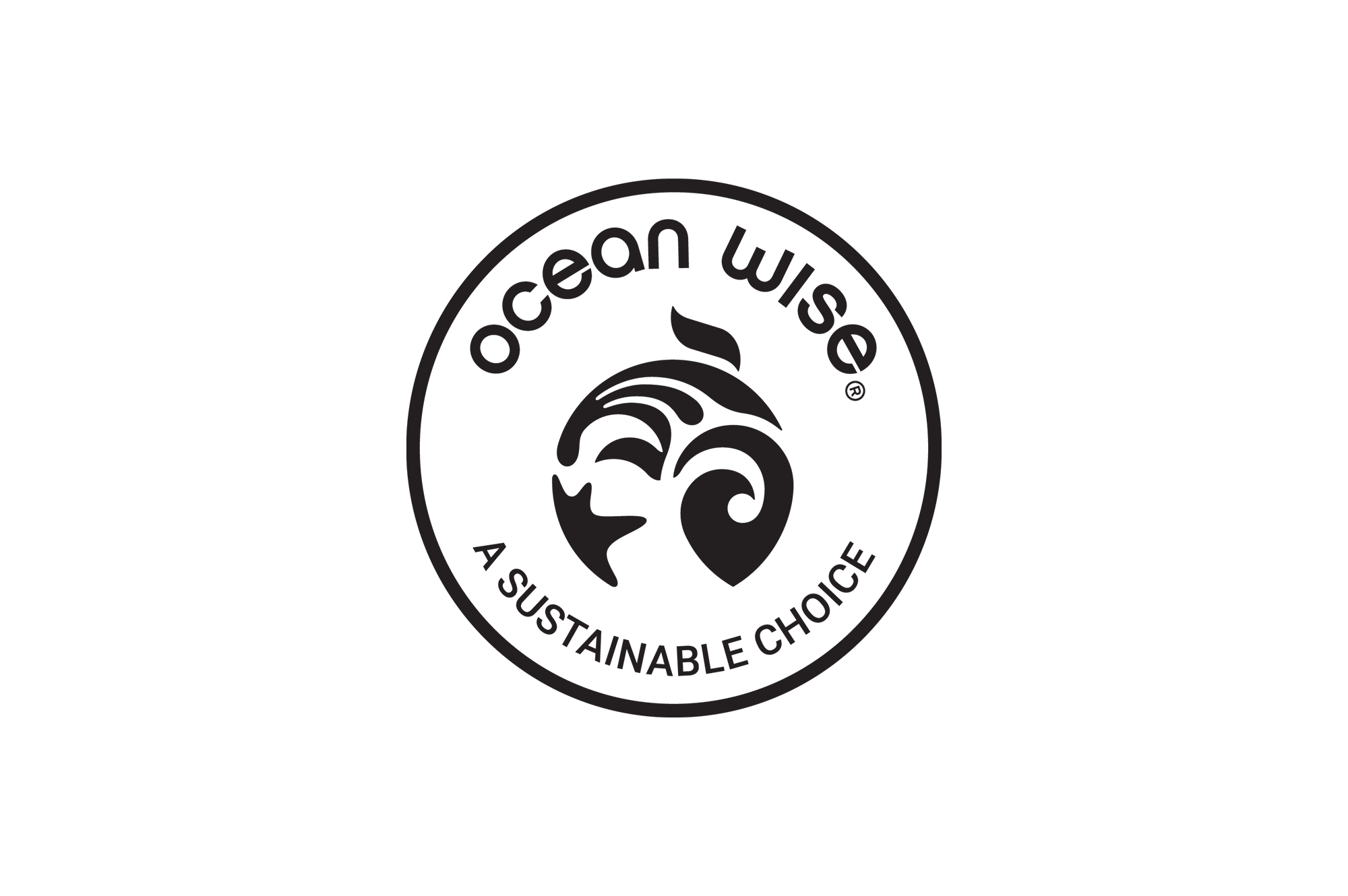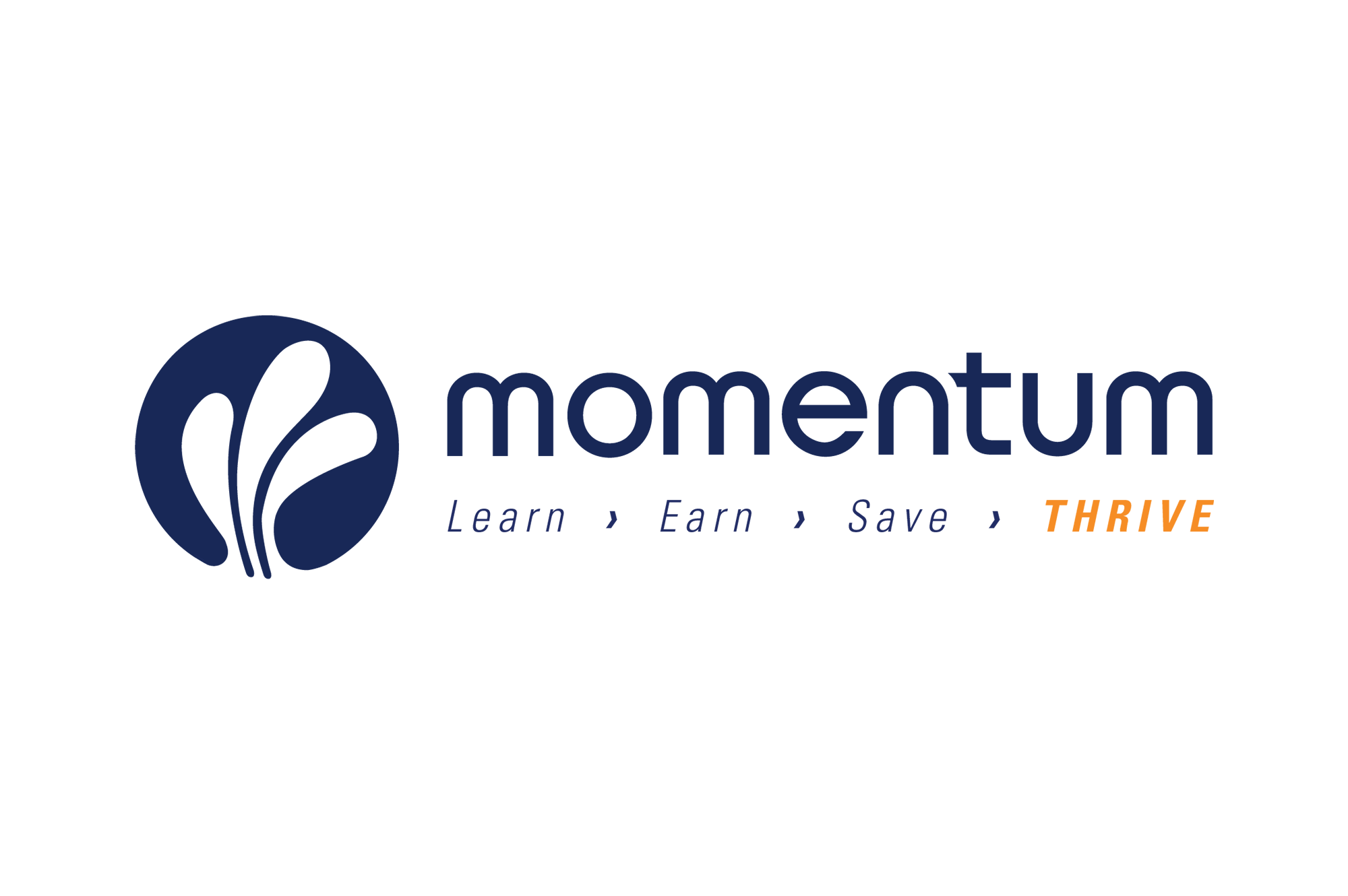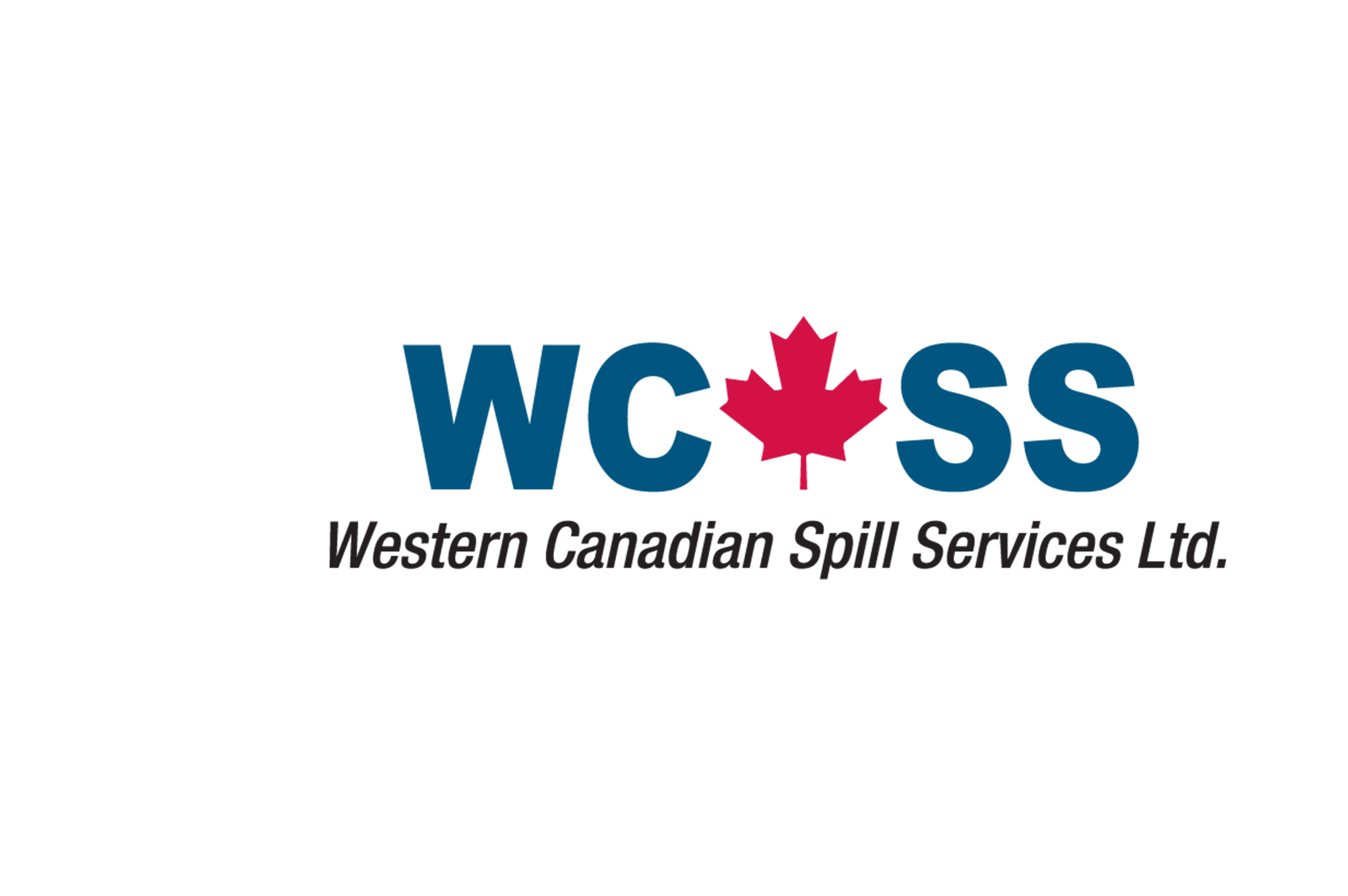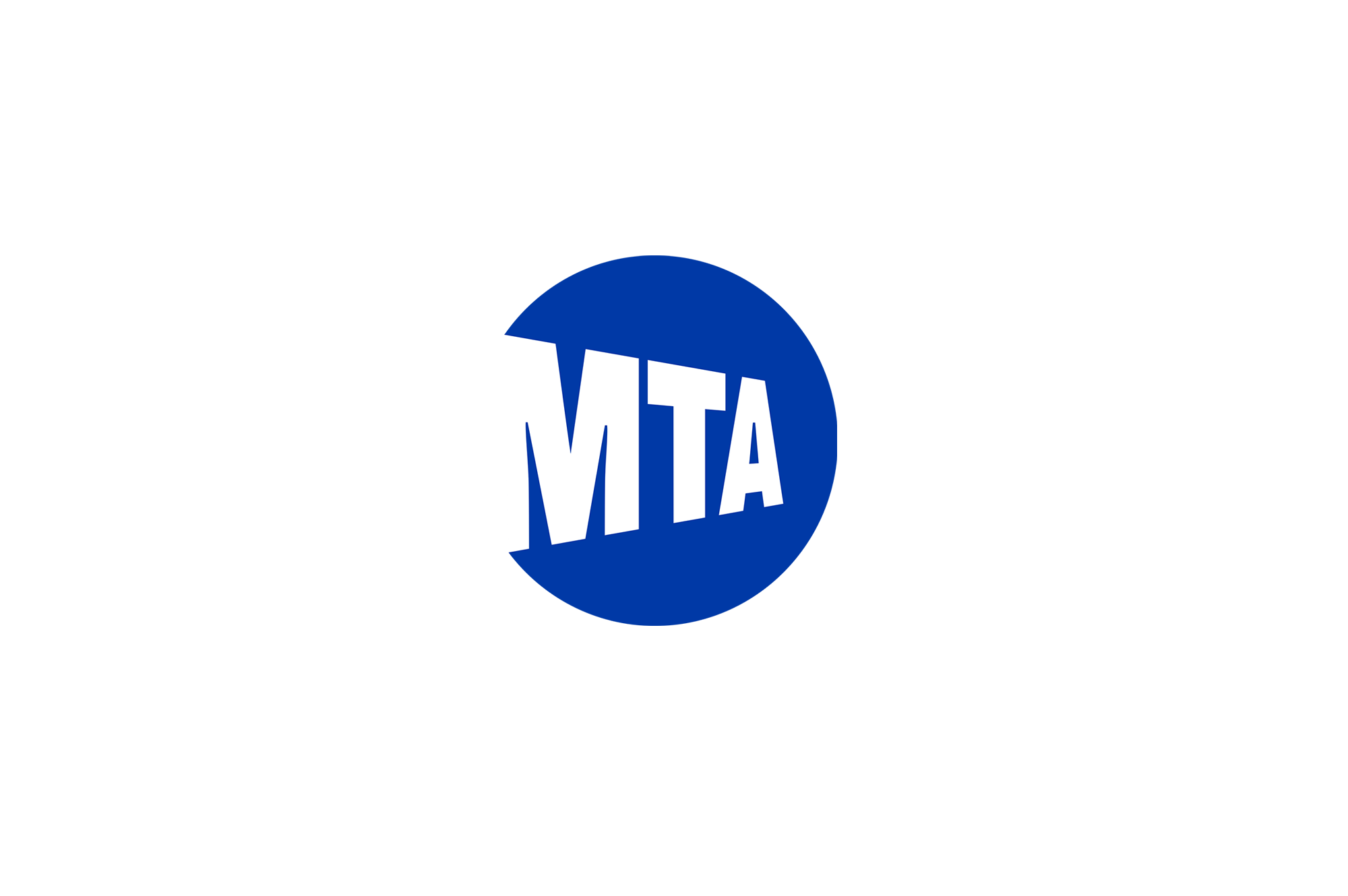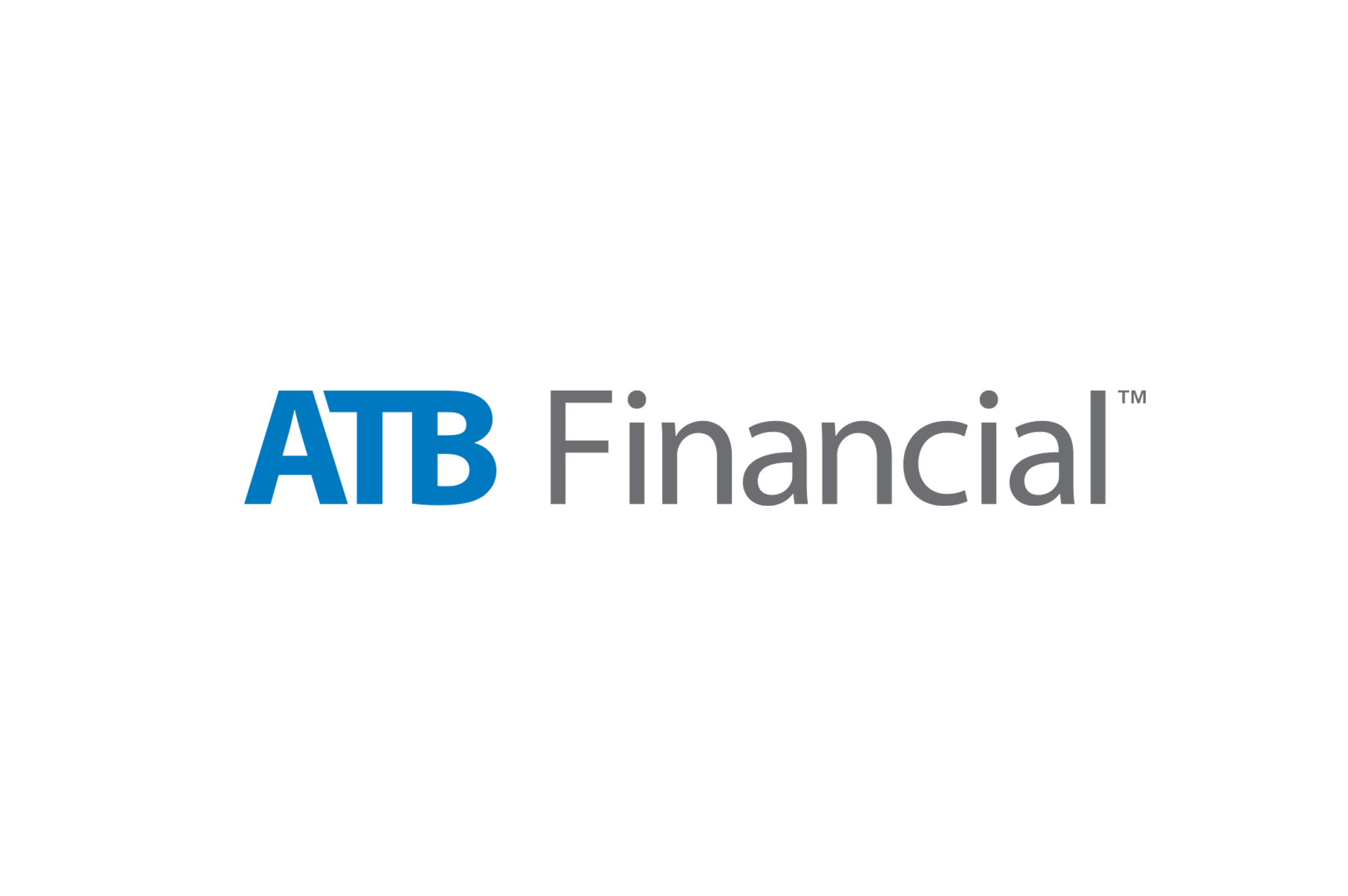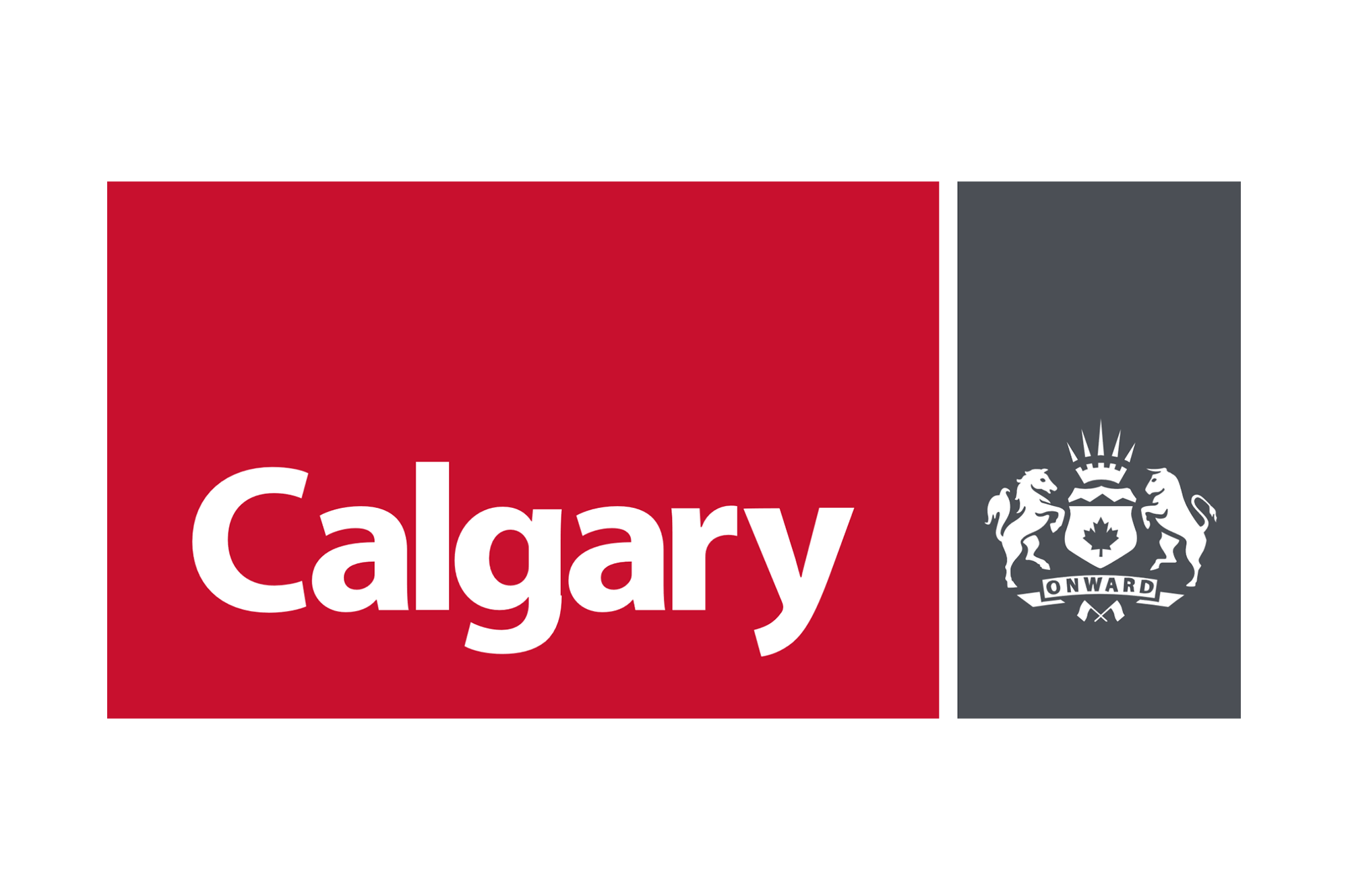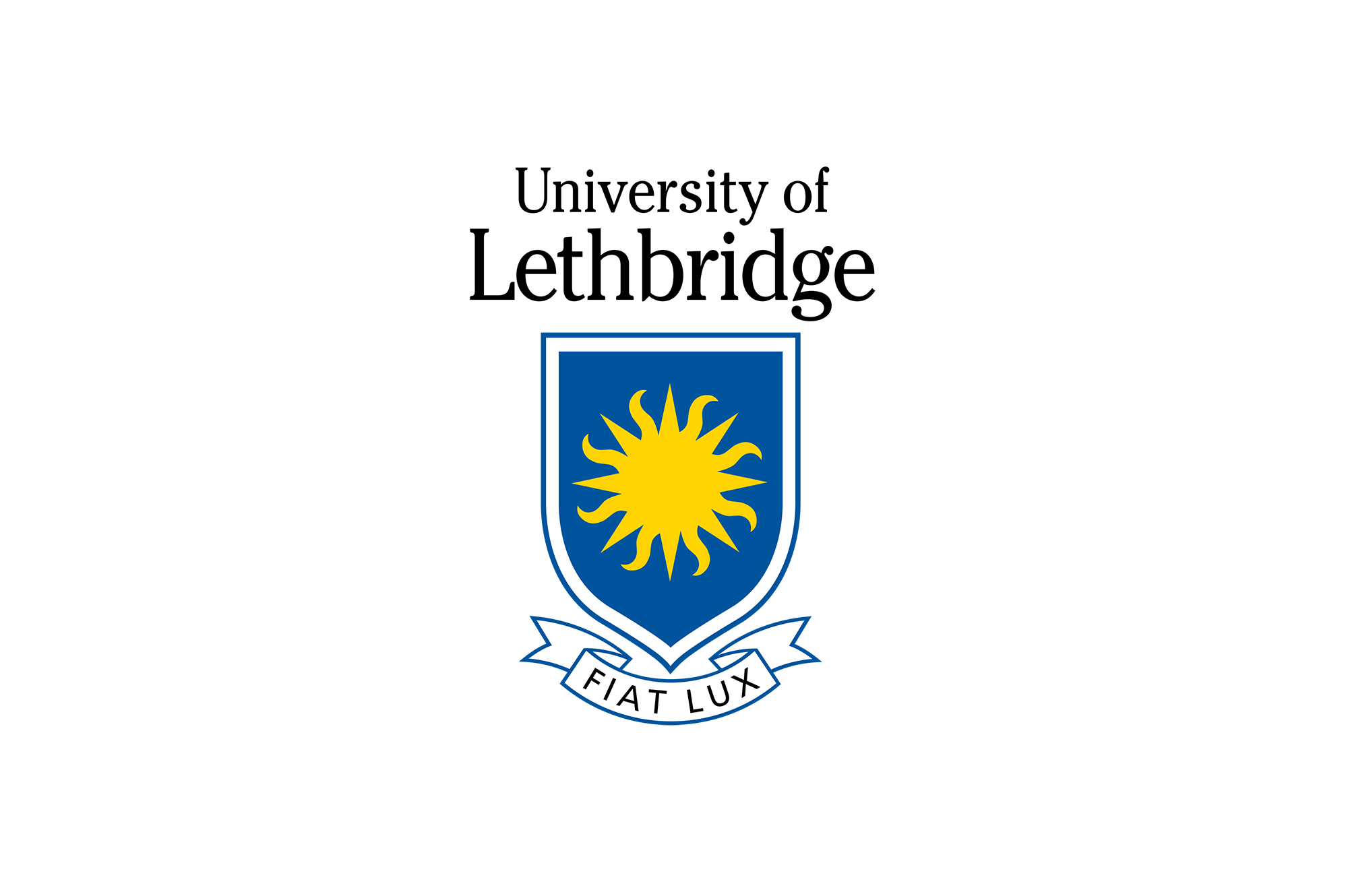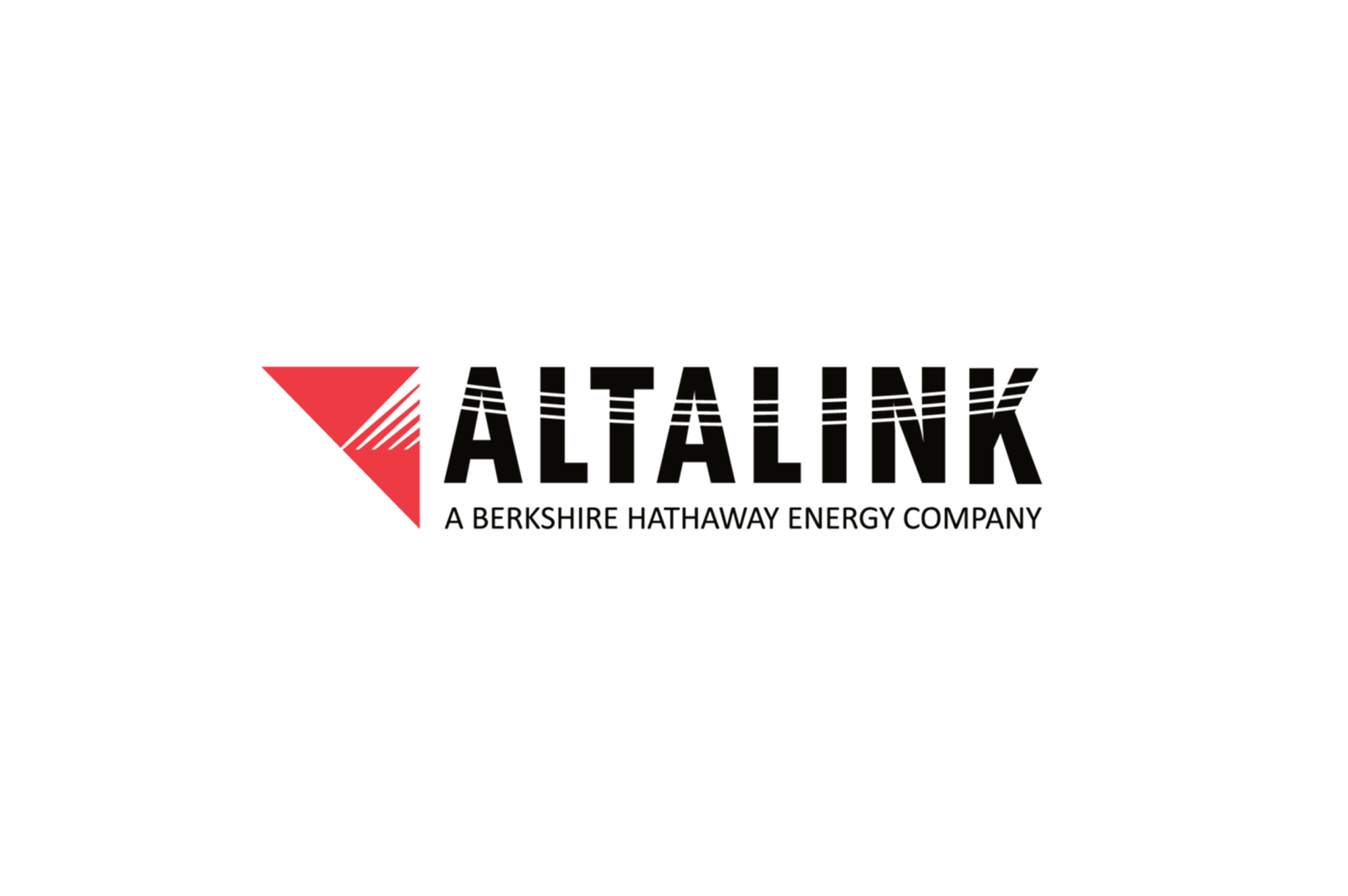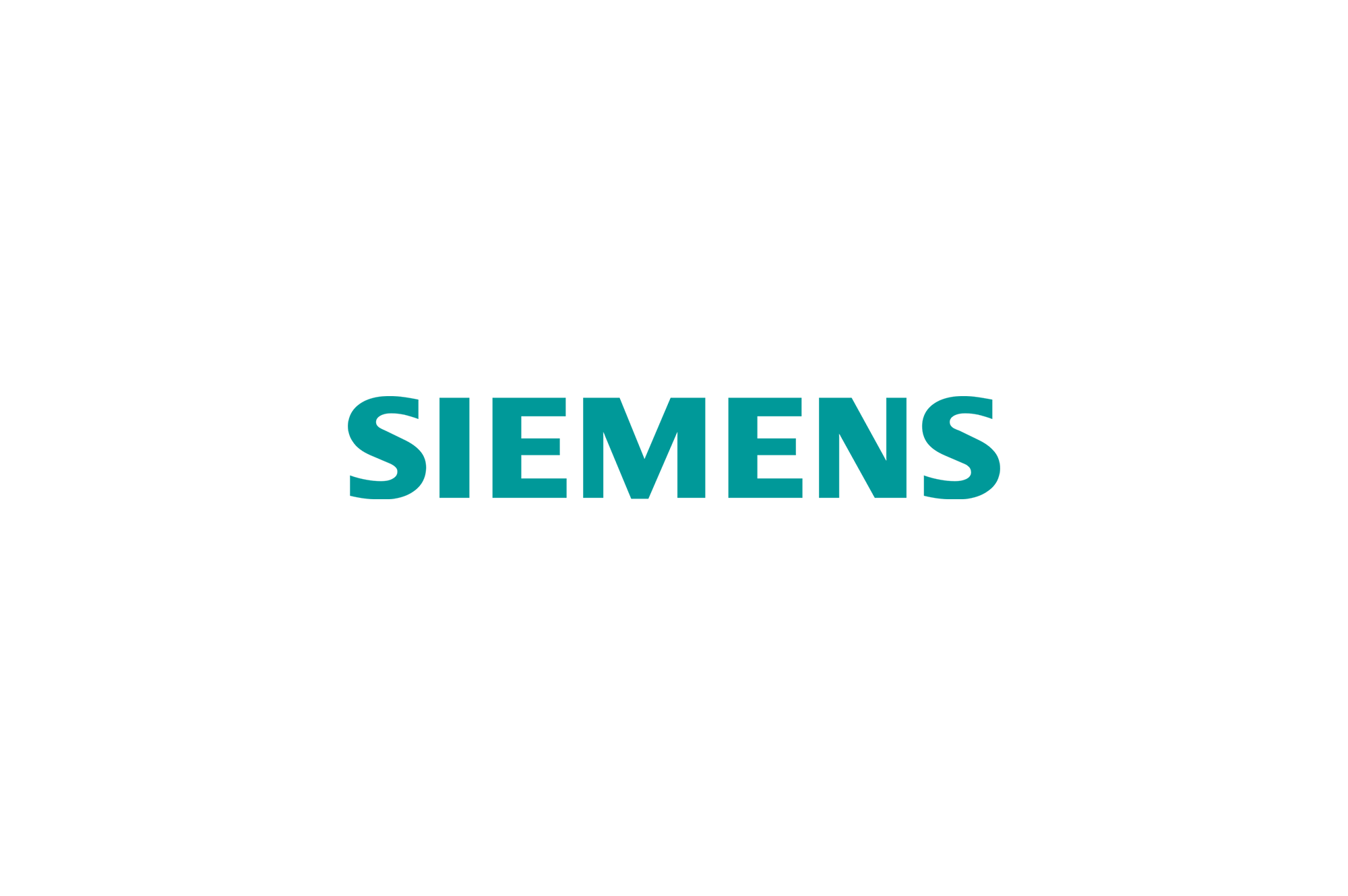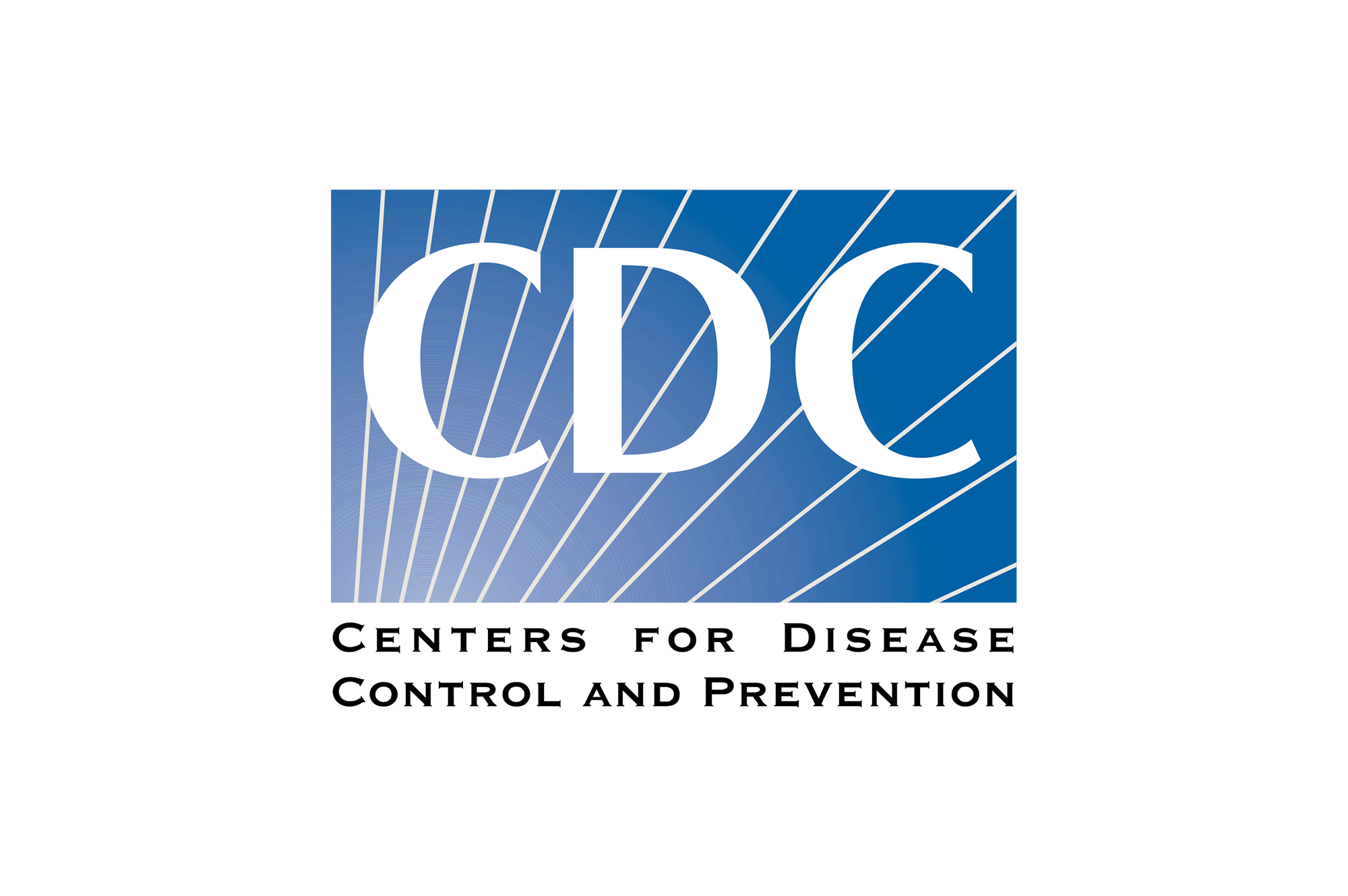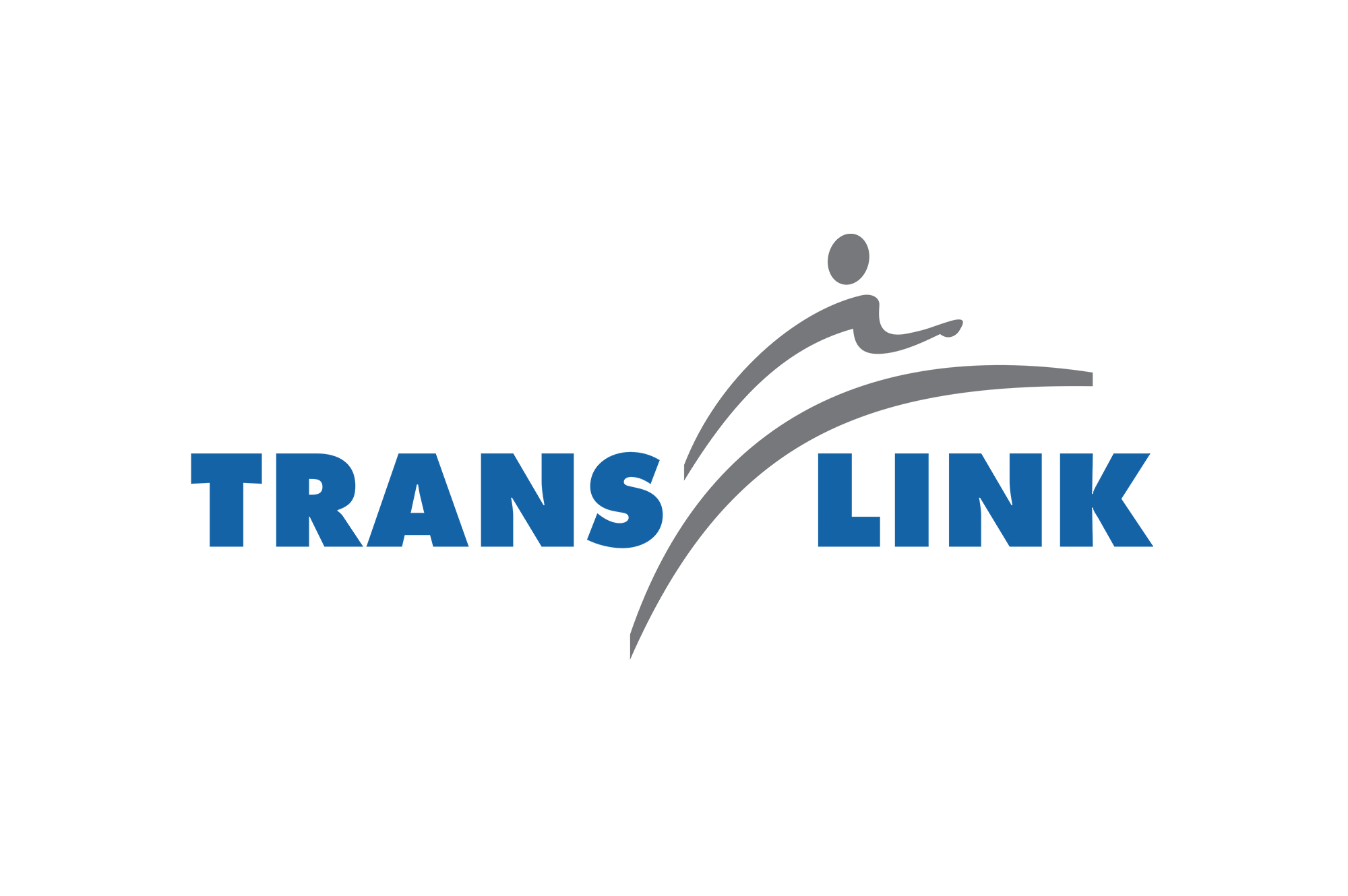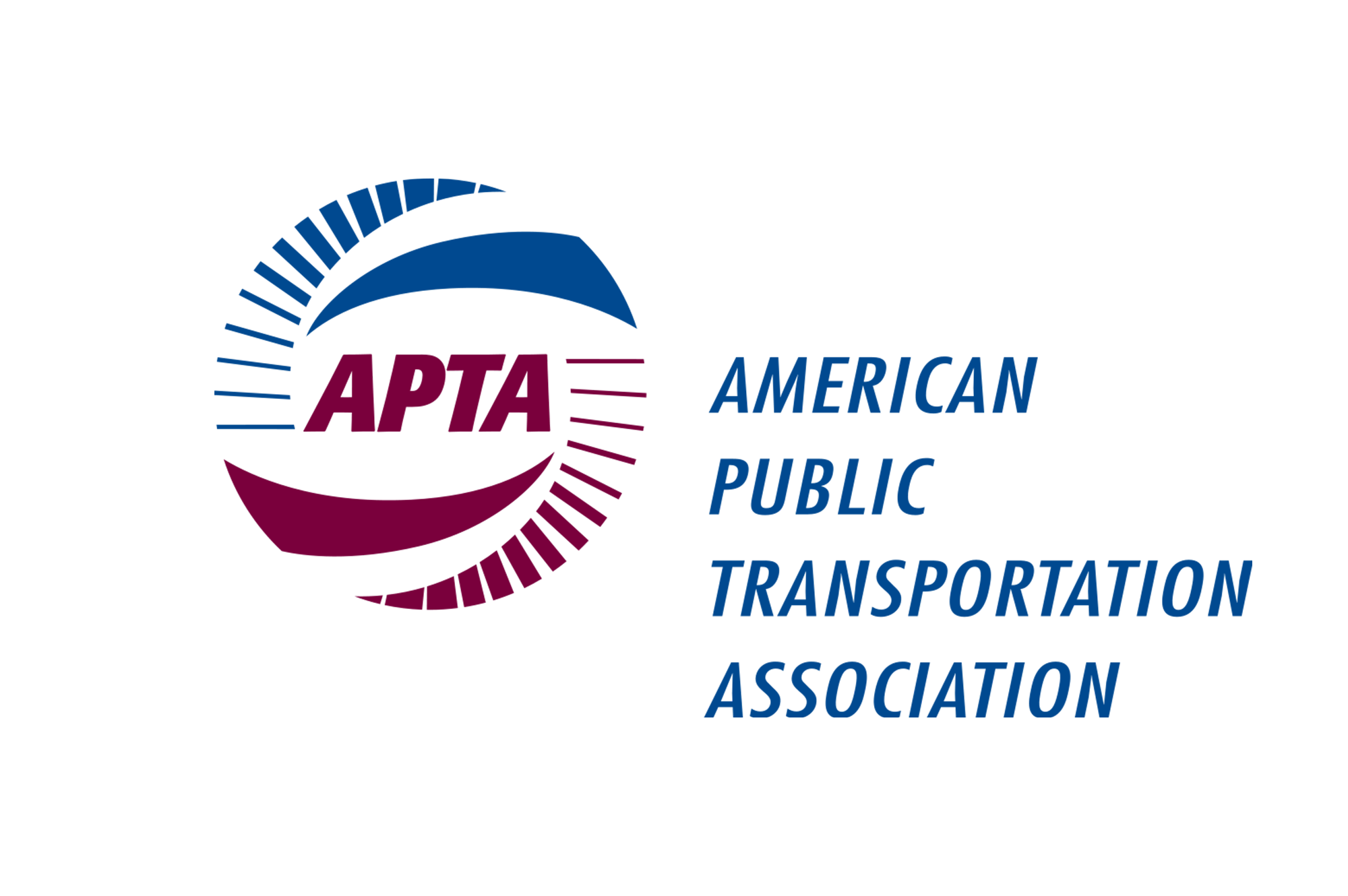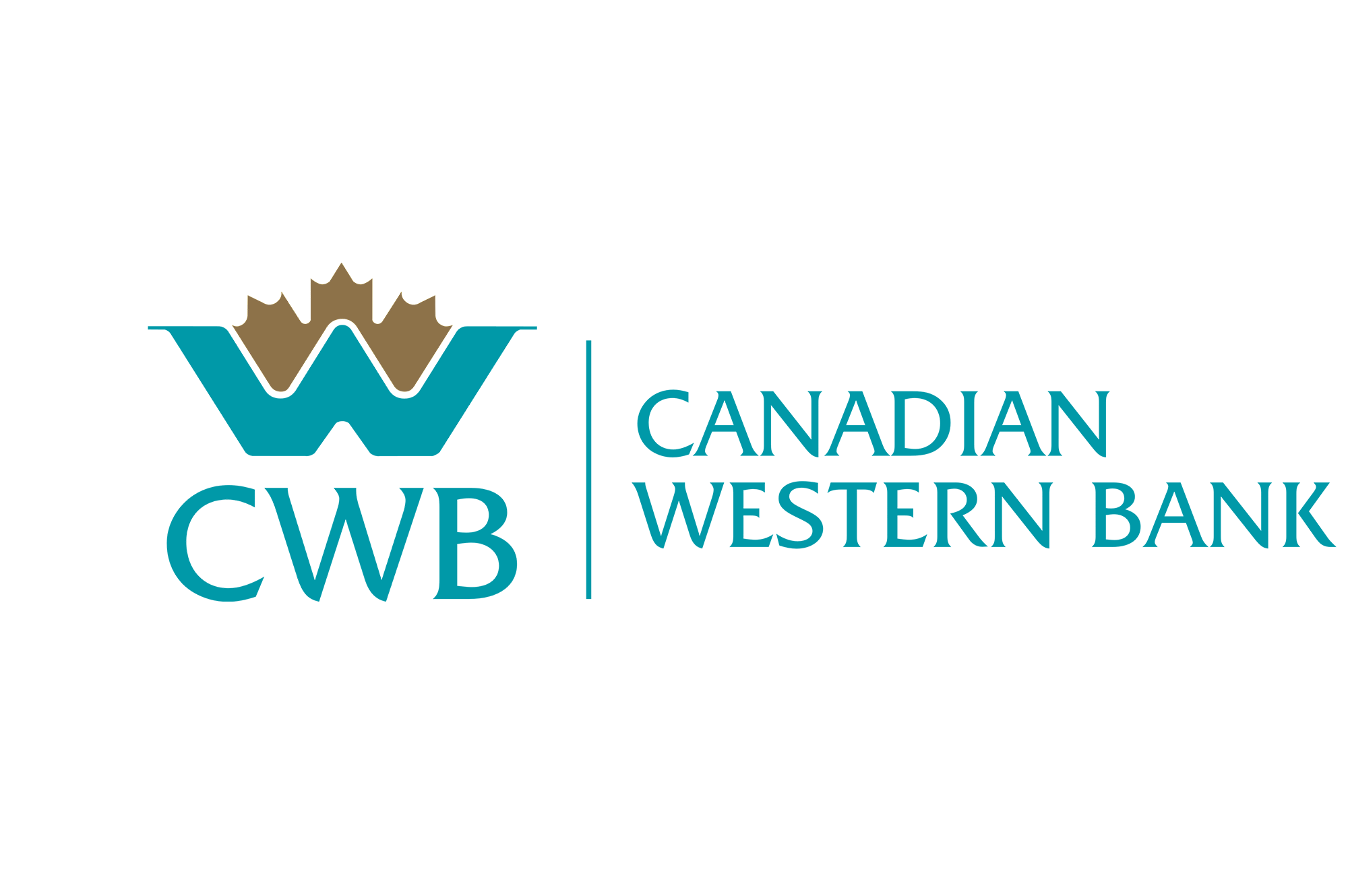
Take a look around your organization and you’ll likely find people of different ages as well as skill levels.
Today there are four generations at work: Baby boomers, Generation Xers, millennials and Generation Zers, the newest cohort to enter the workforce. Each generation has different learning and development needs, as well as different cultural and personal values.
Successfully addressing the eLearning of these disparate generations has never been more important—get it wrong and you miss a key strategic advantage.
Smart organizations are harnessing the power of each demographic, driving business success by using digital learning solutions as a catalyst.
Generally speaking, baby boomers come with experience and knowledge of how to run and operate a business, Gen Xers are more up to date with current business practices, and millennials and Gen Zers bring tech acumen and adaptability.
As baby boomers continue to retire, Gen Xers are becoming managers and team leads, millennials are poised to make up of half the global workforce within the next decade and Gen Zers—digital natives who use smartphones as their preferred method of communication—are hitting the ground running, accounting for 24% of the global workforce.
Knowing these numbers and the strengths and weaknesses of each generation gives L&D teams an opportunity to parlay that diversity into impactful eLearning.
Generational diversity isn’t the only thing L&D professionals have to consider when developing new courses and programs—cognitive diversity plays an important role too.
In today’s work environment, multidisciplinary teams and the cross-pollination of strategies and ideas from otherwise siloed business entities and skillsets are a chief driving source of innovation and competitiveness. It’s now common to see people with different educational backgrounds and work experiences working together, and age doesn’t always dictate experience.
You can just as easily find a 60-year-old novice in a given field as you can a 25-year-old expert in another, presenting new challenges for eLearning and the customization of content and modes of training.
Regardless of age, it’s clear that experts and novices have different learning needs.
For too long those differences have been attributed to pop culture theories such as learning styles and Intelligence Quotient (IQ). However, the new sciences of learning portray a different picture that’s worth paying attention to. Program quality is judged by the degree of psychological engagement they provide, while customization is an essential part of obtaining tangible performance training results.
L&D must consider “cognitographics”—quantifiable identifiers that characterize learner’s cognitive differences and how those differences come to be—to determine differences underlying one’s skill level.
No organization today can ignore the importance of gender and cultural diversity. In fact, if active steps aren’t taken to ensure there is richness in its diversity, organizations miss the differing perspectives and lived experiences brought by each group—and will quickly find themselves left behind.
This is true for eLearning too. Representing a diverse group of people in the creation of online courses is of significant importance. If learners don’t see themselves represented in the content, they won’t engage with or relate to the material in any meaningful way.
Figuring out what works best for experts and novices, from adaptive learning and microlearning to animations and static illustrations, is L&D’s challenge—and opportunity.
Teasing out the differences in gender, culture, age, skillsets and experience will help determine what type of content and learner experience are required in order to meet the both learning objectives and business needs.
Want to know more about how our digital knowledge solutions can create a competitive advantage? Connect with one of our experts today to learn more.
We develop digital knowledge solutions. Our team makes heroes of learning and development professionals. We improve workspace experience (and lives) across the globe, with better learning.
